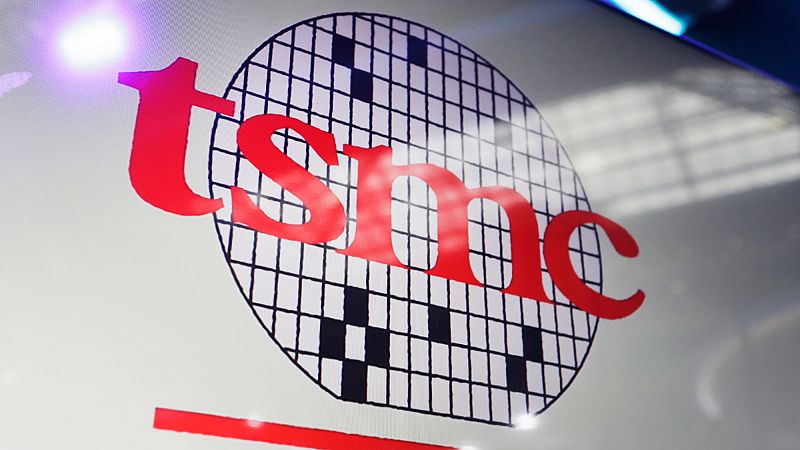US restricts TSMC chip supply shipments to China as tech race heats up

Washington has revoked Taiwan Semiconductor Manufacturing Company’s (TSMC’s) authorisation to freely ship essential equipment from the US to China.
The removal of the “validated end user” status, effective on 31 December, follows the Trump administration’s recent decision to restrict shipments from Samsung and SK Hynix to China.
The move will potentially upend production at TSMC’s key chip-making base in Nanjing, which creates older-generation devices, as future shipments will require export licences.
Even so, the manufacturing of TSMC’s most advanced chips takes place in Taiwan and the US, rather than in China.
“While we are evaluating the situation and taking appropriate measures, including communicating with the US government, we remain fully committed to ensuring the uninterrupted operation of TSMC Nanjing,” the company said in an emailed statement.
Washington’s decision comes as competition to develop advanced technology heats up between the US and China, with both nations attempting to strike out ahead.
It also comes as US-China trade talks continue. On 12 August, the two nations agreed to temporarily lower tariffs on each other for 90 days, calming tensions that had spiked earlier in the year after Washington accused Beijing of unfair trade practices.
The Biden administration placed restrictions on China’s semiconductor industry in 2022, although it granted waivers to major firms like TSMC, provided that they disclosed certain information to the US government.
When Samsung and SK Hynix lost their free shipment status last week, the US Bureau of Industry and Security said that it “does not intend to grant licences to expand capacity or upgrade technology at fabs in China”.
It is still unclear how quickly the US government will grant any licences, meaning waiting times could slow shipments and disrupt manufacturing.
Critics of Washington’s decision argue that instead of hindering China’s chip-making capabilities, the restrictions could also boost innovation in the country as businesses are forced to find Chinese suppliers.
Today

